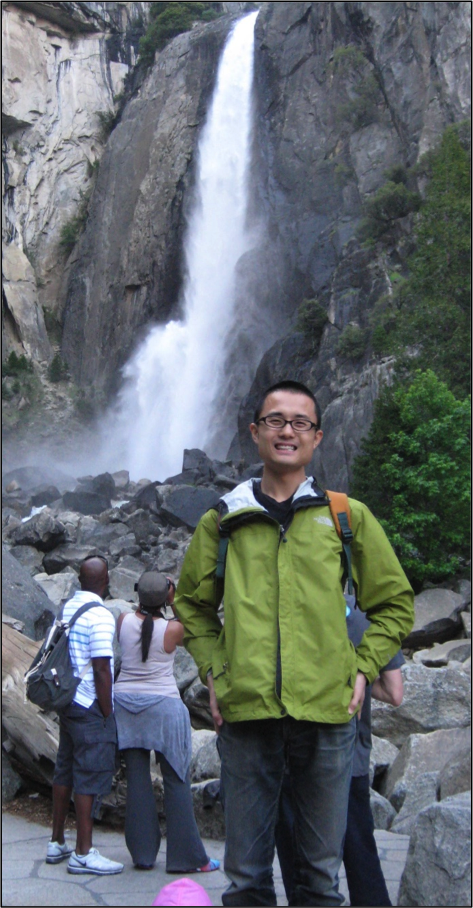
The Marjorie Grene Prize is awarded every two years for the best manuscript based on a presentation at one of the two previous ISHPSSB meetings by someone who was, at the time of presentation, a graduate student. The prize is named after Marjorie Grene both because her work in the history and philosophy of biology exemplifies the strong spirit of interdisciplinary work fundamental to ISHPSSB, and because she played a central role in bringing together diverse scholars of biology even before the formation of the Society. She was a valued mentor to many members of the Society and a long-standing inspiration to all.
For the 2015 Prize, the Prize Committee received a total of twenty submissions. All were of superb quality, with more than half already published or accepted for publication generally in very high quality journals. The Committee was struck by the breadth of research interests that help to define our Society, and by the extremely high quality work being done by our graduate student members across all of the disciplines within our Society. Deciding on just one recipient proved to be a very difficult task.
This year’s Marjorie Grene Prize is awarded to Jun Otsuka for his paper “Using Causal Models to Integrate Proximate and Ultimate Causation,” which was presented at the 2013 ISHPSSB meeting in Montpellier. The paper was published this year in Biology and Philosophy 30(1): 19-37, 2014. Jun is currently an Associate Professor in the Philosophy Department at Kobe University, and previously was a postdoctoral fellow in Philosophy at the University of California at Davis. He completed his PhD in History and Philosophy of Science at Indiana University in 2014.
Although the paper was quite technical, the committee was struck by its clarity and accessibility. As one member noted, this is a wonderful essay, representing a tremendous leap forward. By using structural equation modelling, the paper provides a nuanced account of how Mayr’s proximate and ultimate causation can be integrated, hence providing a deeper understanding of this distinction as well as allowing incorporation of phenomena such as niche construction, maternal effects, and epigenetic inheritance into an extended evolutionary synthesis.
Rachel A. Ankeny, on behalf of the 2013–2015 Werner Callebaut Prize Committee: Rachel A. Ankeny (Chair), Marion Blute, Jay Odenbaugh, and Neeraja Sankaran.
